Filmmaker Frances-Anne Solomon: 'Movies must tell our Caribbean stories'
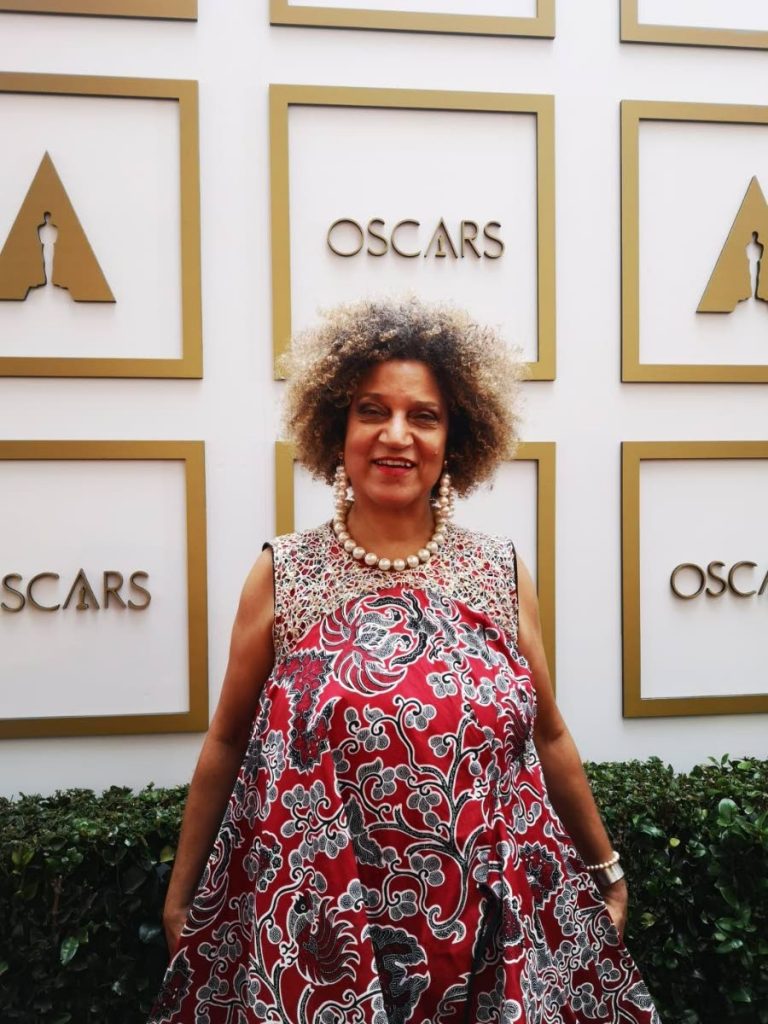
Trinidadian filmmaker Frances-Anne Solomon feels incredibly honoured to be a member of the executive committee of the directors’ branch of the Academy of Motion Picture Arts and Sciences.
Most people associate it with the star-studded televised movie awards, the Oscars. But the academy's main goal is the advancement of moviemaking across genres, and through innovation in technology.
Solomon, who received the invitation to be a member in late October, had never seen herself as being part of the American film industry.
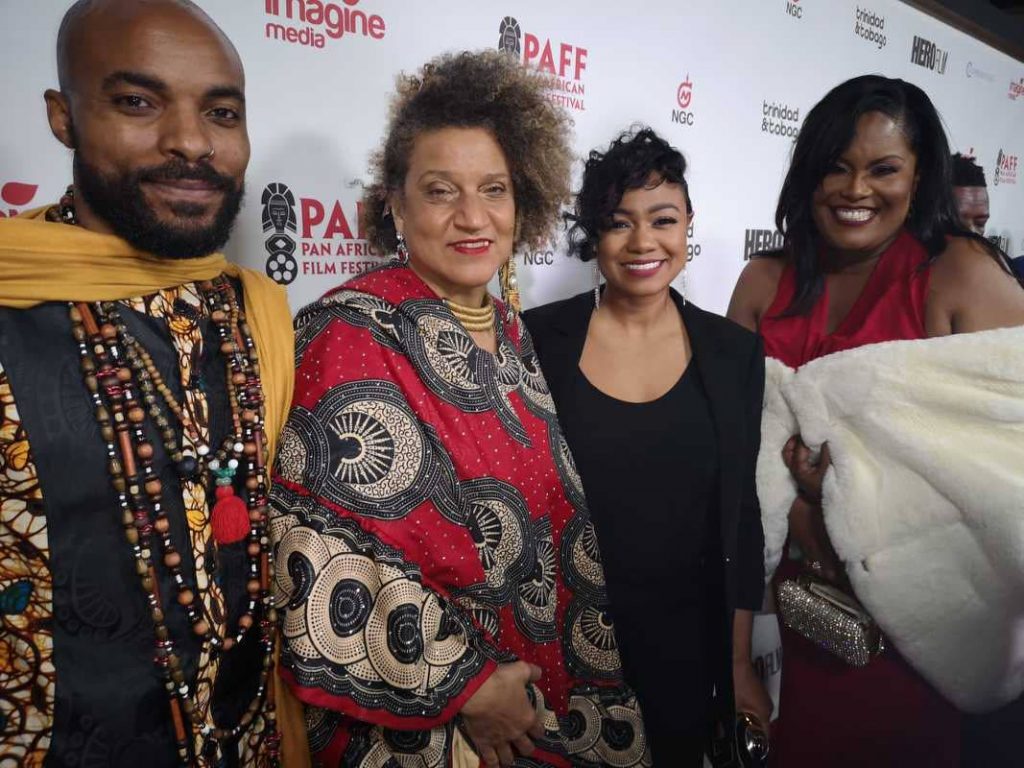
“I have always been an outsider, partly because of being a woman of colour, and the commercial film industry has always been centred in the US. Up to 2015, the academy was 97 per cent white and 86 per cent male, I believe, so it’s not surprising that someone like me would not see myself reflected in that organisation – which is nevertheless the most important film organisation in the world, and so I feel incredibly honoured and surprised, but pleased to be finally at the centre of the industry.”
Solomon started her professional life at the BBC in England, where she was a successful television drama producer and executive producer in Single Drama and Films.
In 2001, she moved to Canada, where she became the founder and CEO of the CaribbeanTales Media Group, which produces, exhibits, and distributes Caribbean-themed content from around the world. In 2014, she founded CineFAM, a non-profit group that showcases and supports women creatives of colour worldwide. She co-founded the Windrush Caribbean Film Festival which was launched in 2020.
In interviews with Newsday via video and e-mail, Solomon said when she was nominated to be a part of the academy a year ago, she initially thought it was a hoax. She doubted herself, even more, when she received an e-mail about it from award-winning American director Ava DuVernay.
“So you get this weird feeling of out-of-body experience that this is not really happening, that it’s not for real. You have to do a double-take. It’s one of those things.
"Being a member of the directors’ branch is incredibly significant to me because of all the things I do, the centre of myself is as a director, and it’s also the hardest role for a woman, and a woman of colour, to be recognised in, because it is the prime creative role," she said. "So that is a source of great pride to me, that I am recognised by the academy as a director."
The role of the executive, she explained, is "to work with the governors to make certain decisions about the branch, including coming up with people to invite going forward, and having a say in how the selections for the Oscars are made.”
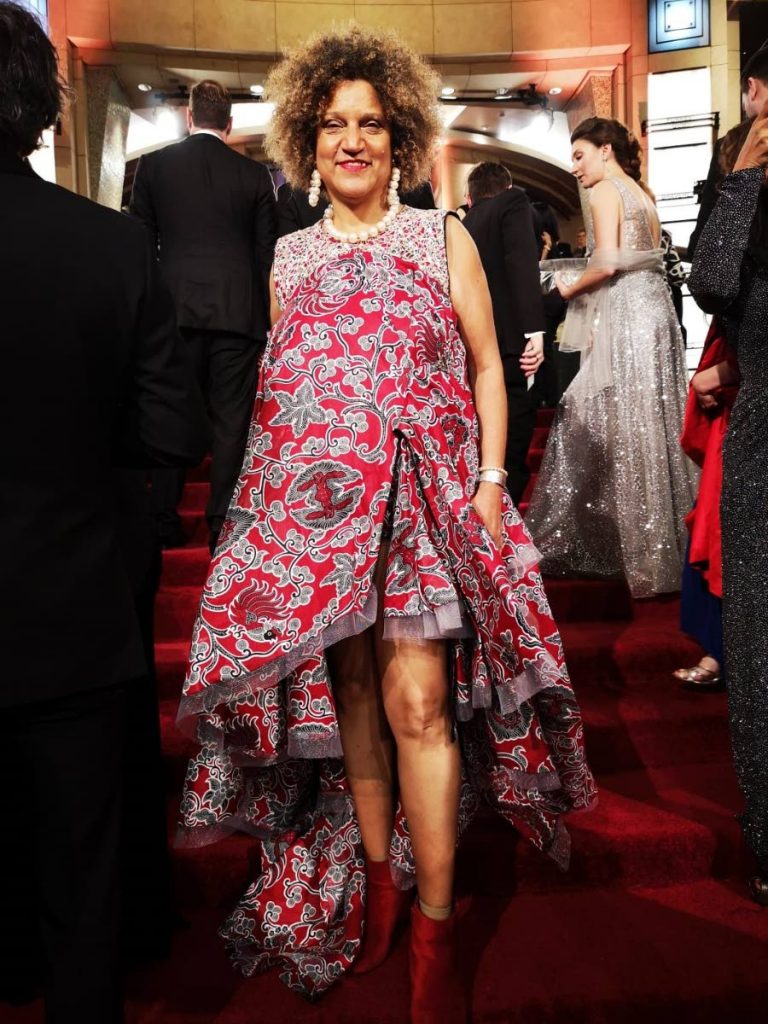
Solomon said the many sweeping changes the academy made in recent years, in response to a social movement for greater diversity in the movie industry, were a factor in her being chosen.
“In 2015, the #OscarsSoWhite hashtag was created when no films by women or people of colour were selected for any of the categories, and after that, the academy underwent a huge transformation. There were at the time approximately 9,000-10,000 voting members of the academy, of whom 97 per cent were white and 80-something per cent were male and the mean age was around 64 years old.
"So the academy voting members did not represent the demographics of America, much less the modern world, who are the viewing public for content, and so the academy made a decision which I feel was really very admirable to expand its membership."
Membership in the academy is for life.
"Once you’ve been invited to join it’s very hard to get kicked out, and so the only way to change the constitution of the membership was by expanding the membership and since then, they’ve invited between 700 and 1,000 new people to join the academy every year."
Solomon became a member in 2019.
She said she is sometimes asked if she thought the appointment was a token one because she is a woman of colour, as opposed to reflecting the quality of her work and the importance of what she does.
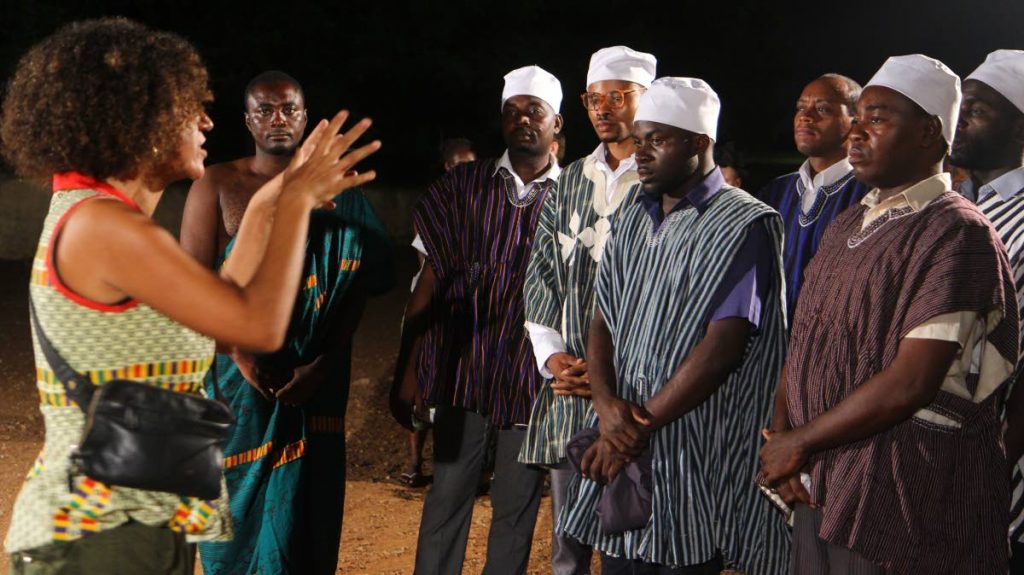
“The academy was stacked previously – down to the way that films were chosen and cast and crewed was stacked.
"In my lifetime – just two-three years ago – it was very common for commissioners and executive producers to tell me to my face that they could not make a film that had a black lead because that would not have an audience and it would not work with the bosses.
"The inequality was very extreme, and so it is necessary to balance it by bringing in successful and accomplished people like myself who have a depth and breadth of experience to help with the transformation process. It makes me feel hopeful, positive about the world and the opportunities that will be available not just for myself, but for my children and my grandchildren.”
Solomon said she’s most proud of her recent movie, Hero: Inspired By The Extraordinary Life And Times Of Mr Ulric Cross. Cross, a decorated Trinidadian World War II airman, diplomat and jurist, died in 2013 at 96.
“It is a portrait of a Caribbean, a black hero, like the people I grew up with when I was a child in Trinidad, men and women who came from a small place and then changed the world.
"Ulric had an incredible life, but he was an unknown and unsung hero. I feel that by showing the life of Ulric, the breadth, it really shows you how narrow we have been reduced, it really shows the possibilities of the kinds of stories that can be told about our people, and in that context, it breaks my heart that up until now the most common stories have been about drug dealers or gangs or prostitutes or slaves.
"Those are obviously some of the representations of our people, but we have so much more to do. We have comedies, we have tragedies, we have romances, there are so many different genres and so many different stories coming out of our experiences, not just as Caribbean people but people of the Caribbean diaspora, people from all over the world, and we are a multi-faceted, multi-cultural country that has so much rich heritage to share.”
Solomon learned over the years running CaribbeanTales Media Group that Caribbean people are hungry to see themselves reflected on the screen.
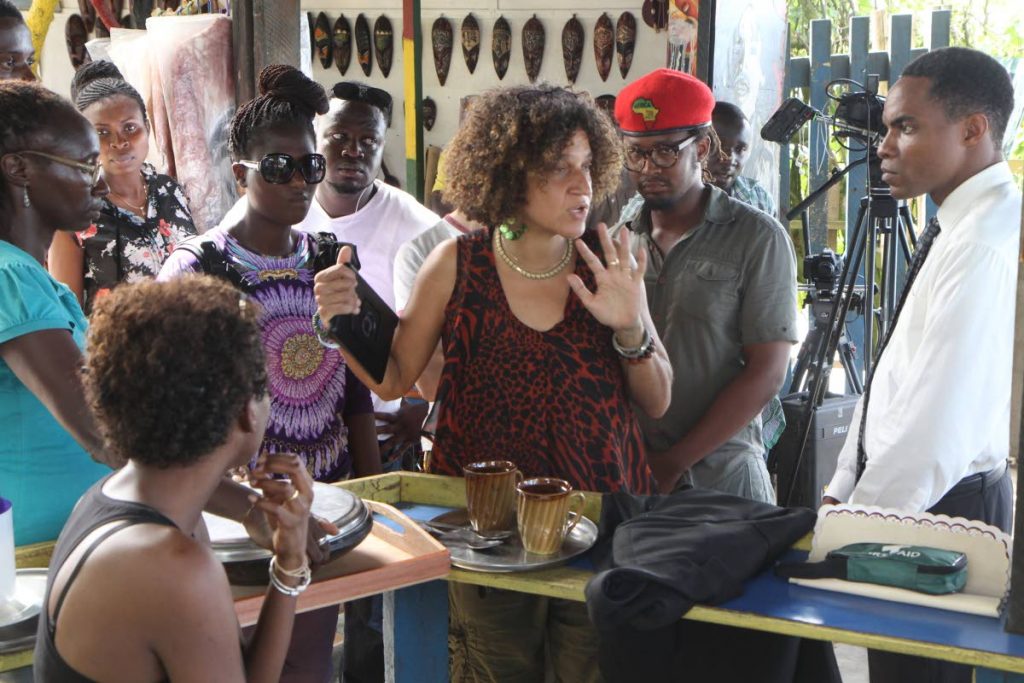
“Caribbean people – or people, human beings – need to see, need stories, human beings need stories. Stories are therapy, stories are like breathing. We have to tell stories, stories are communication, stories are how we build community. Stories are how we pass on tools of survival from one generation to another.
"So the health of our culture, our personal health and the health of our culture depends on, intrinsically, this ephemeral tool which is storytelling, and film is the most important manifestation of that, and so absolutely I’m so excited about the future, excited about the work that we and all of us will do going forward.”

Comments
"Filmmaker Frances-Anne Solomon: ‘Movies must tell our Caribbean stories’"